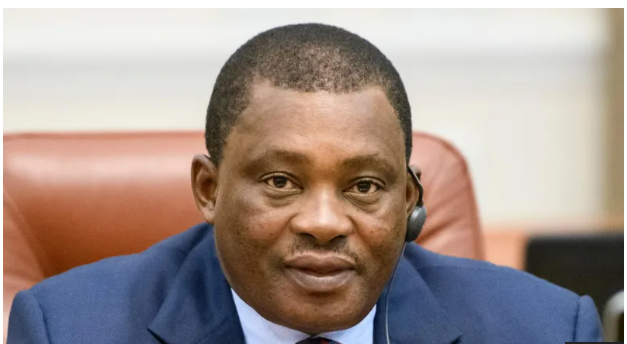
A senior Kenyan government minister has publicly accused the country’s intelligence agency of being behind the abduction of his son, sparking a political and public outcry. The alarming claim comes amid rising concerns over human rights abuses and the growing influence of security agencies in the East African nation.
The minister, who holds a key position in President William Ruto’s administration, revealed that his son was kidnapped by unidentified individuals in Nairobi earlier this week. After receiving conflicting reports from law enforcement, the minister alleges that the national intelligence agency, known for its secretive operations, played a direct role in the abduction.
While the government has yet to officially respond to the minister’s claims, the accusation has sent shockwaves through Kenya’s political landscape. Opposition leaders have called for an independent investigation into the matter, demanding transparency and accountability from the intelligence community. Civil rights groups have also raised alarms about potential state-sanctioned abductions and the erosion of civil liberties under the current administration.
The incident has highlighted broader concerns over the abuse of power within Kenya’s security apparatus. Critics argue that the intelligence agencies, tasked with safeguarding national security, have increasingly overstepped their legal bounds in recent years, engaging in actions that undermine the rule of law and target political opponents.
The minister’s allegations have drawn attention to the fraught relationship between the government and the intelligence services. In a statement, the family confirmed that the minister’s son had been safely released after a period of uncertainty, but questions remain about the circumstances of the abduction.
Kenya’s political tension has been on the rise in recent months, fueled by protests, corruption scandals, and ongoing investigations into extrajudicial killings. As the public awaits further developments, the government faces mounting pressure to investigate the claims, protect citizens’ rights, and ensure that intelligence agencies operate within the boundaries of the law.
This case has further intensified calls for police and intelligence reforms, with critics demanding greater oversight of the security forces. The government’s response to this serious allegation will likely have lasting implications for Kenya’s political climate and its commitment to upholding democratic principles.

